I have a long polling request on my page. The script on the server side is set to timeout after 20 seconds.
So, when the long polling is "idling", and the user presses another button, the sending of that new request is delayed until the previous script times out.
I can't see anything wrong with the code on jQuery side. Why is the onclick-event delayed?
function poll()
{
$.ajax({
url: "/xhr/poll/1",
data: {
user_id: app.user.id
},
type: "POST",
dataType: "JSON",
success: pollComplete,
error: function(response) {
console.log(response);
}
});
}
function pollComplete()
{
poll();
}
function joinRoom(user_id)
{
$.ajax({
url: "/xhr/room/join",
dataType: "JSON",
type: "POST",
data: {
user_id: app.user.id,
room_id: room.id
}
});
}
<button id="join" onclick="javascript:joinRoom(2);">Join</button>
############ PHP Controller on /xhr/poll
$time = time();
while ((time() - $time) < 20)
{
$updates = $db->getNewStuff();
foreach ($updates->getResult() as $update)
$response[] = $update->getResponse();
if (!empty($response))
return $response;
else
usleep(1 * 1000000);
return 'no-updates';
}
Could the "usleep" be the problem?
